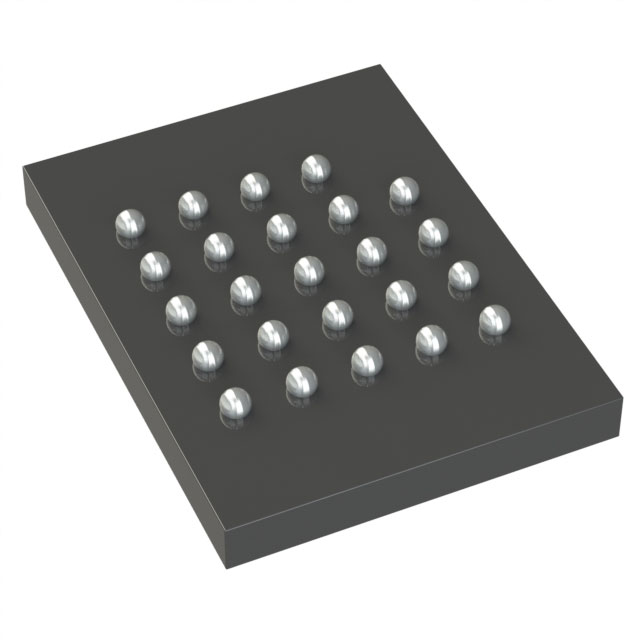
S80KS2562GABHI020
ActiveDRAM, HYPERRAM, 256 MBIT, 32M X 8BIT, 200 MHZ, FBGA, 24 PINS
Deep-Dive with AI
Search across all available documentation for this part.

S80KS2562GABHI020
ActiveDRAM, HYPERRAM, 256 MBIT, 32M X 8BIT, 200 MHZ, FBGA, 24 PINS
Deep-Dive with AI
Technical Specifications
Parameters and characteristics for this part
| Specification | S80KS2562GABHI020 |
|---|---|
| Access Time | 35 ns |
| Clock Frequency | 200 MHz |
| Memory Format | PSRAM |
| Memory Interface | HyperBus |
| Memory Organization | 32 M |
| Memory Size | 256 Gbit |
| Memory Type | Volatile |
| Mounting Type | Surface Mount |
| Operating Temperature [Max] | 85 °C |
| Operating Temperature [Min] | -40 °C |
| Package / Case | 24-VBGA |
| Supplier Device Package | 24-FBGA (6x8) |
| Technology | PSRAM (Pseudo SRAM) |
| Voltage - Supply [Max] | 2 V |
| Voltage - Supply [Min] | 1.7 V |
| Write Cycle Time - Word, Page | 35 ns |
Pricing
Prices provided here are for design reference only. For realtime values and availability, please visit the distributors directly
Description
General part information
S80KS2562 Series
S80KS2562GABHI020 is a 256Mb, high-speed CMOS, HYPERRAM™ self-refresh dynamic RAM (DRAM) with HYPERBUS™ interface. DRAM array uses dynamic cells that require periodic refresh. Refresh control logic within the device manages the refresh operations on the DRAM array when the memory is not being actively read or written by HYPERBUS™ interface host. Since host is not required to manage any refresh operations, the DRAM array appears to the host as though memory uses static cells that retain data without refresh. Hence, memory is more accurately described as pseudo static RAM (PSRAM). Since DRAM cells cannot be refreshed during a read or write transaction, there is a requirement that host limit read or write burst transfers lengths to allow internal logic refresh operations when they are needed. The host must confine the duration of transactions and allow additional initial access latency, at the beginning of a new transaction, if the memory indicates a refresh operation is needed.
Documents
Technical documentation and resources


